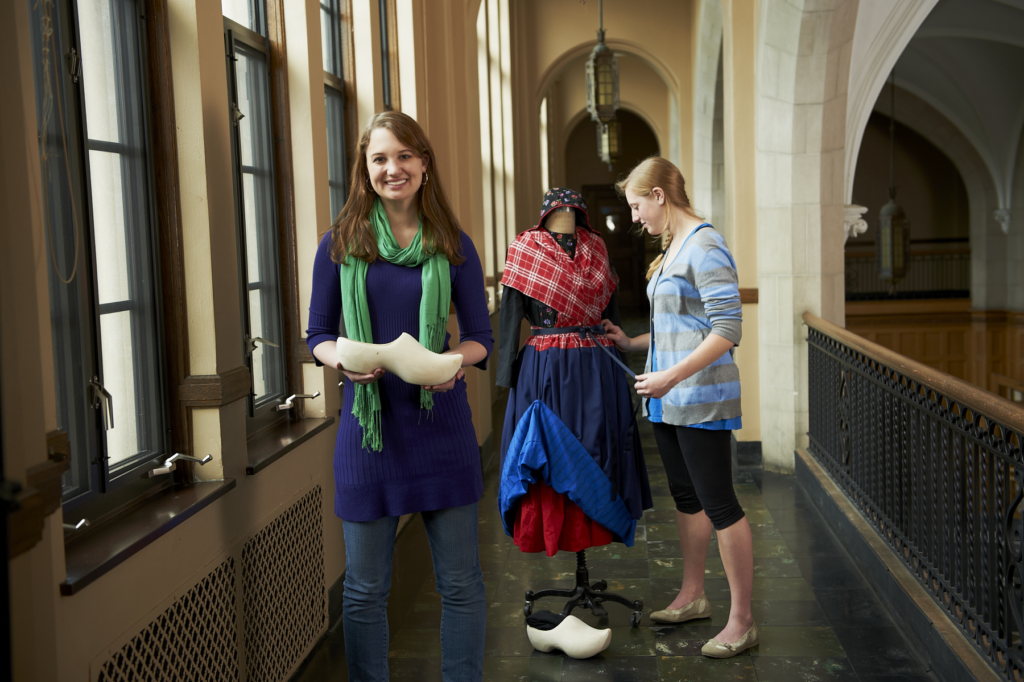Undergraduate research in liberal arts presents invaluable opportunities for students to engage deeply with their academic interests, gain practical skills, and contribute meaningfully to their fields of study. While often associated with STEM disciplines, undergraduate research in liberal arts encompasses a diverse range of disciplines such as humanities, social sciences, fine arts, and more. These experiences not only enrich students’ educational journeys but also prepare them for future careers and advanced academic pursuits.

One of the primary benefits of undergraduate research in liberal arts is the opportunity for students to delve into topics they are passionate about beyond the confines of traditional coursework. Whether exploring historical archives, conducting ethnographic fieldwork, analyzing literary texts, or creating original artwork, students can pursue hands-on learning experiences that deepen their understanding and appreciation of their chosen disciplines.
Engaging in research fosters critical thinking and analytical skills essential in liberal arts disciplines. Students learn to formulate research questions, gather and evaluate evidence, and articulate their findings coherently through written reports, presentations, or creative projects. These skills are transferable to various professional settings, equipping graduates with the ability to analyze complex issues, communicate effectively, and contribute to informed decision-making.
Furthermore, undergraduate research in liberal arts encourages interdisciplinary exploration and collaboration. Students may integrate insights from multiple disciplines, applying diverse perspectives to their research inquiries. This interdisciplinary approach cultivates creativity and innovation, encouraging students to connect ideas across fields and contribute to interdisciplinary dialogues within academia and beyond.
Liberal arts research also prepares students for graduate studies and professional careers. Through mentorship from faculty advisors and collaboration with peers, students develop professional relationships and expand their professional networks. Research experience strengthens graduate school applications and demonstrates students’ readiness for advanced academic inquiry and independent research.
Institutional support plays a crucial role in fostering a vibrant undergraduate research culture in liberal arts. Colleges and universities offer resources such as research grants, fellowships, and dedicated research facilities to support student projects. Faculty mentors provide guidance, expertise, and encouragement, empowering students to pursue ambitious research endeavors and overcome challenges along the way.
Moreover, undergraduate research enhances the visibility and reputation of liberal arts programs within academic communities and society at large. Student research contributions contribute to scholarly knowledge, challenge existing paradigms, and offer fresh perspectives on enduring questions in the humanities, social sciences, and arts.

Despite these benefits, challenges exist in promoting undergraduate research in liberal arts, including funding constraints, access to research opportunities, and the need for faculty mentorship. Institutions are increasingly recognizing the importance of addressing these challenges through strategic investments in research infrastructure, professional development for faculty mentors, and initiatives to broaden participation in undergraduate research across disciplines.
In conclusion, undergraduate research in liberal arts enriches students’ educational experiences, fosters intellectual curiosity, and prepares them for lifelong learning and professional success. By nurturing a supportive environment that values inquiry, creativity, and collaboration, colleges and universities empower students to make meaningful contributions to their fields and society, ensuring the continued vitality of liberal arts education in the 21st century.


